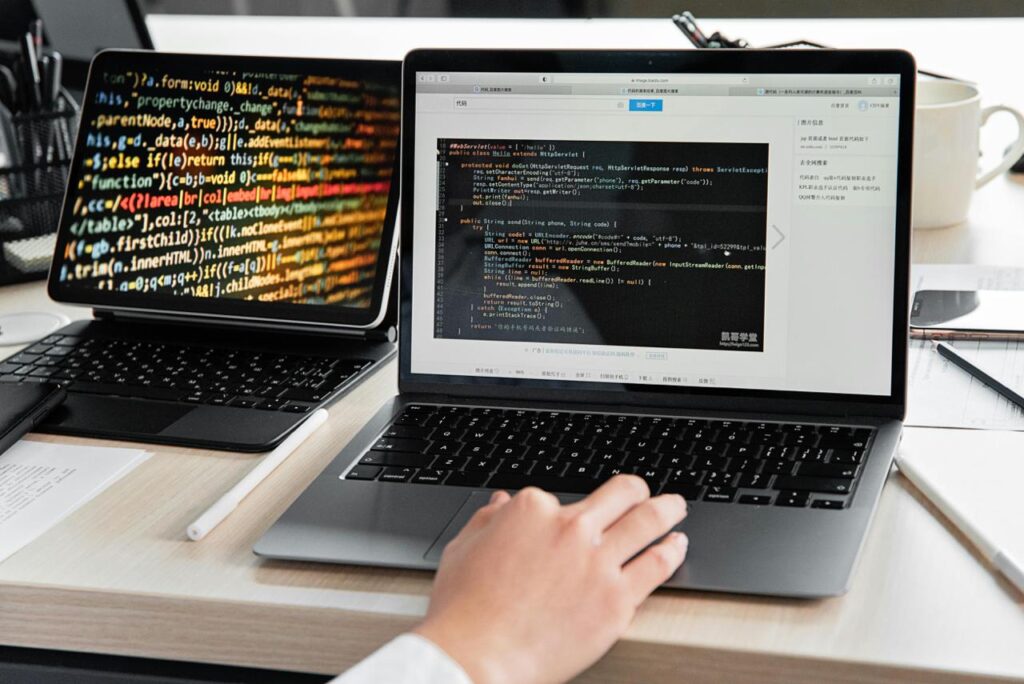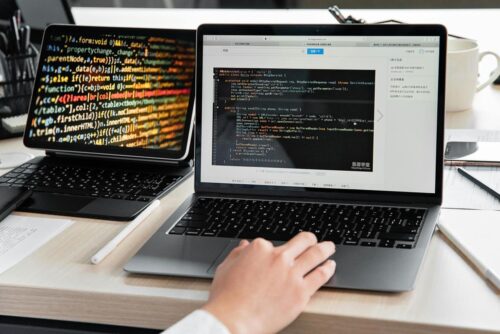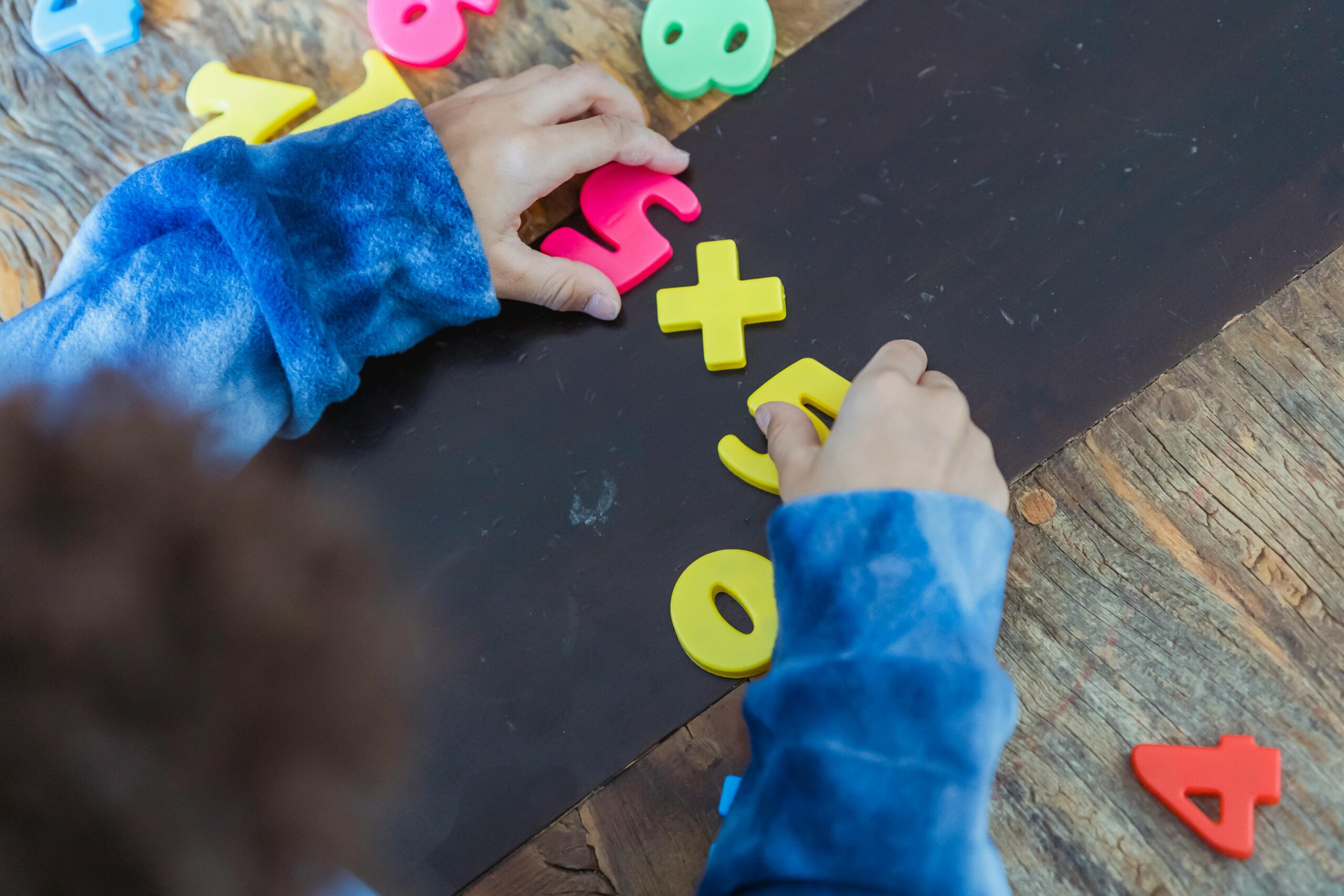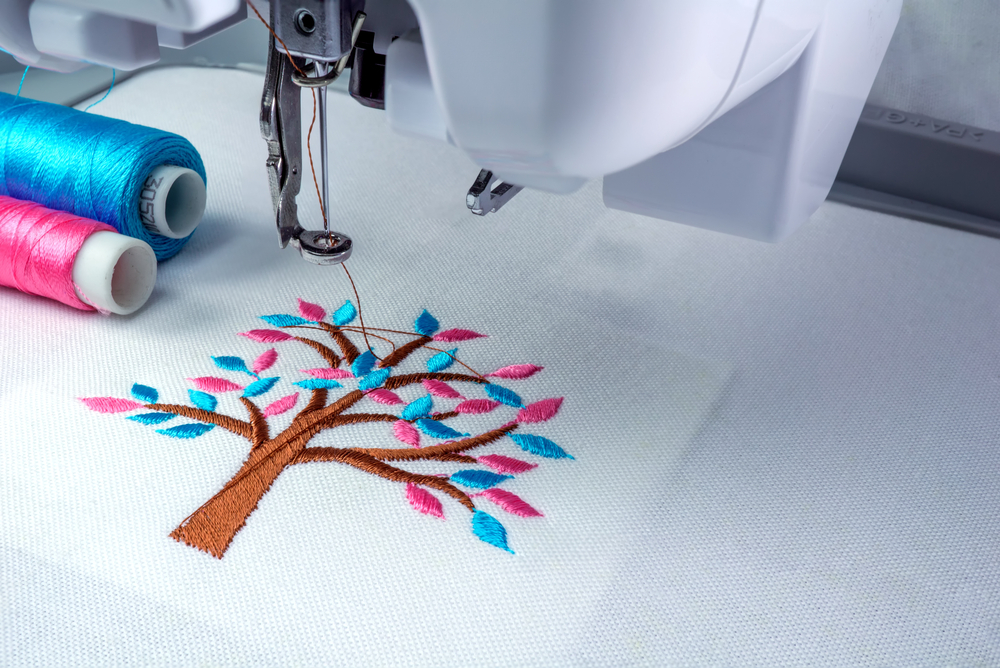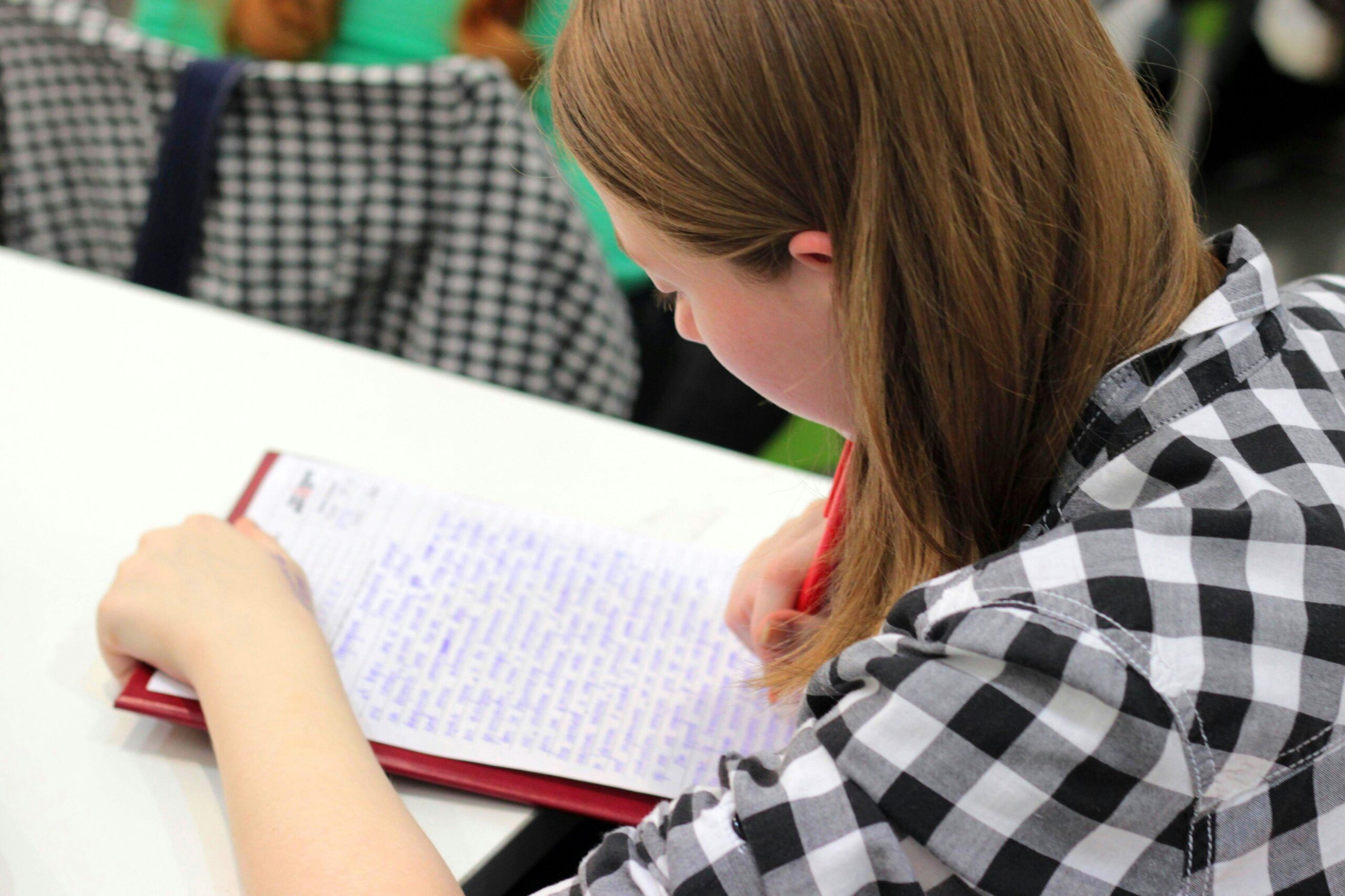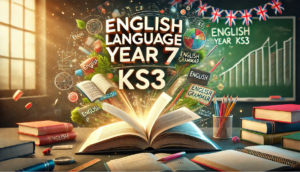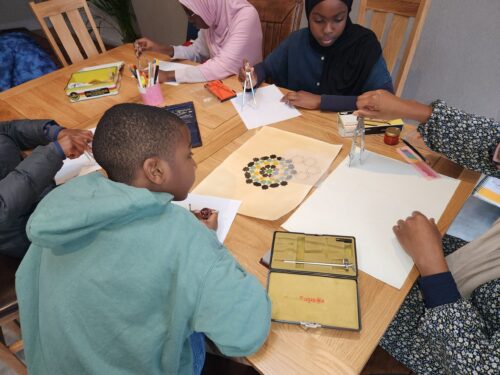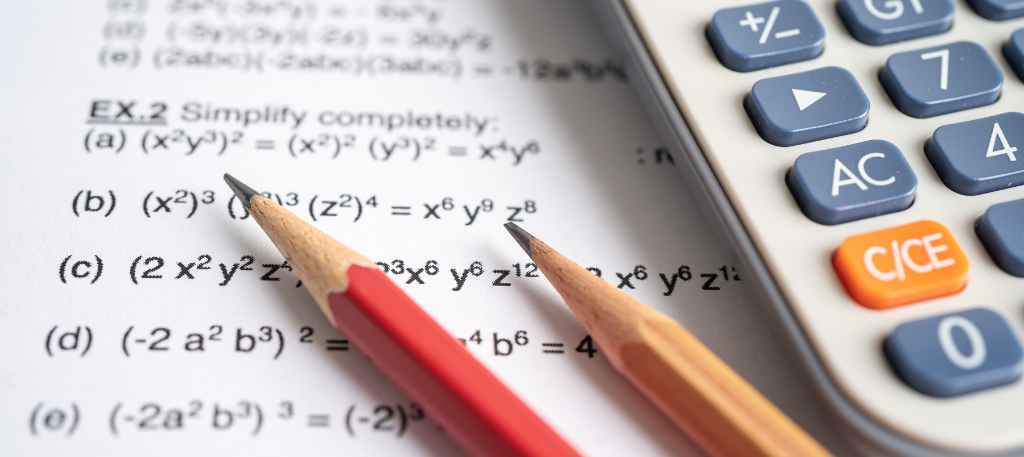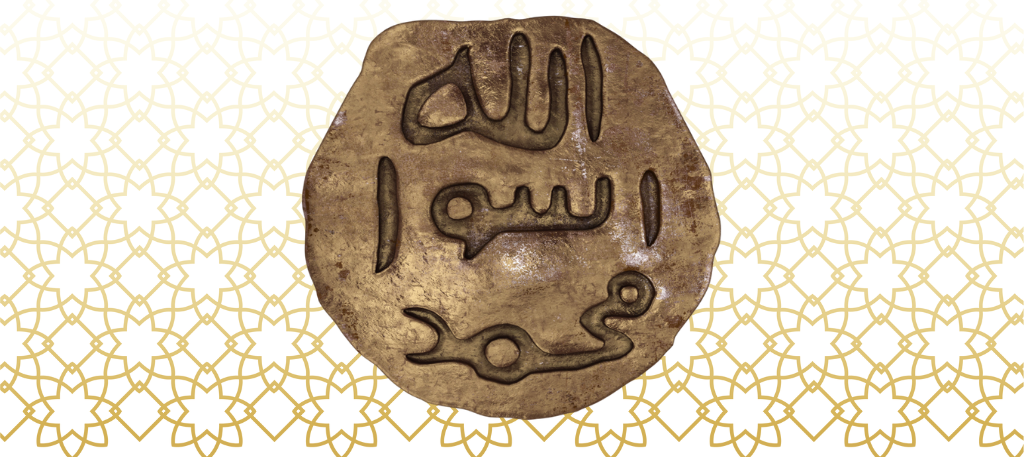This 13 week course introduce learners to text-based programming with Python. The lessons form a journey that starts with simple programs involving input and output, and gradually moves on through arithmetic operations, randomness, selection, and iteration. It also covers how data can be represented and processed in sequences, such as lists and strings. The lessons cover a spectrum of operations on sequences of data, that range from accessing an individual element to manipulating the entire sequence.
Summary of Course Contents:
- Programming Fundamentals: Understand operating systems, computer processes, and the differences between compiled and interpreted languages; learn how hardware and software interact.
- Core Python Skills: Write simple Python programs, use variables, handle keyboard input, and correct syntax errors; understand arithmetic expressions and assignment semantics.
- Control Structures: Master logical expressions, conditional statements (if, elif, else), and loops (while and for) to control program execution.
- Data Manipulation: Work with lists and strings, including creating, accessing, and performing common operations on individual elements or collections.
- Application & Assessment: Develop solutions to meaningful problems using combined programming concepts; complete a mini-project, quiz, and optional advanced challenge to showcase mastery.
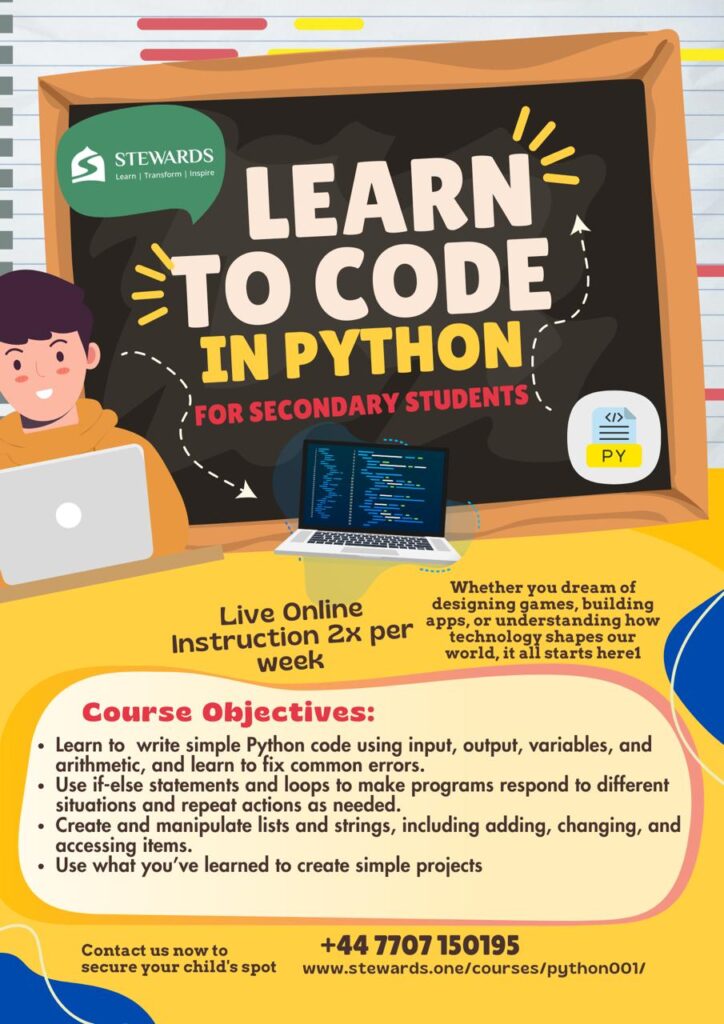
Week 1:
- Explain what an operating system (OS) is and describe its role in managing computer resources.
- Differentiate between compiled and interpreted languages, using examples to illustrate each type.
- Outline how a computer reads, processes, and executes code, including the basics of hardware-software interaction.
- Recognise key components of computer hardware and their relationship to software tasks.
Week 2:
- Describe what algorithms and programs are and how they differ
- Recall that a program written in a programming language needs to be translated in order to be executed by a machine
- Write simple Python programs that display messages, assign values to variables, and receive keyboard input
- Locate and correct common syntax errors
Week 3:
- Describe the semantics of assignment statements
- Use simple arithmetic expressions in assignment statements to calculate values
- Receive input from the keyboard and convert it to a numerical value
Week 4:
- Use relational operators to form logical expressions
- Use binary selection (if, else statements) to control the flow of program execution
- Generate and use random integers
Week 5:
- Use multi-branch selection (if, elif, else statements) to control the flow of program execution
- Describe how iteration (while statements) controls the flow of program execution
Week 6:
- Use iteration (while loops) to control the flow of program execution
- Use variables as counters in iterative programs
Week 7:
- Combine iteration and selection to control the flow of program execution
- Use Boolean variables as flags
Week 8:
- Write programs that display messages, receive keyboard input, and use simple arithmetic expressions in assignment statements
- Use selection (if-elif-else statements) to control the flow of program execution
- Locate and correct common syntax errors
- Create lists and access individual list items
Week 9
- Perform common operations on lists or individual items
Week 10:
- Use iteration (while statements) to control the flow of program execution
- Perform common operations on lists or individual items
- Perform common operations on strings or individual characters
Week 11:
- Use iteration (for statements) to iterate over list items
- Perform common operations on lists or strings
Week 12:
- Use iteration (for loops) to iterate over lists and strings
- Use variables to keep track of counts and sums
- Combine key programming language features to develop solutions to meaningful problems
Week 13:
- Complete a mini-project or explore an additional project that demonstrates key programming skills.
- Demonstrate understanding of programming concepts by completing a quiz covering major topics from the course.
- Engage in an optional challenge (“Deep Work Programming”) for those who finish early or want an extra task.
Cost: £375: payable in 3 monthly installments of £125.00
Should you wish to speak to our IT Instructor on which course is best for your child, please click on the chat widget on the bottom right of the screen to leave a message and we will get back to you as soon as possible.
Attribution statement: This course was adapted from a resource created by Raspberry Pi Foundation and updated by STEM Learning for the National Centre for Computing Education. The contents of this resource are available for use under the Open Government License (OGL v3).


